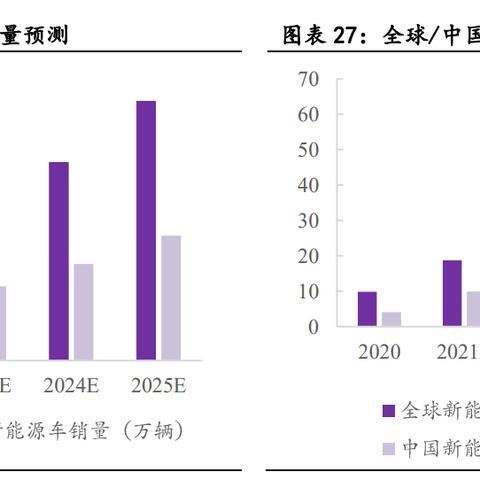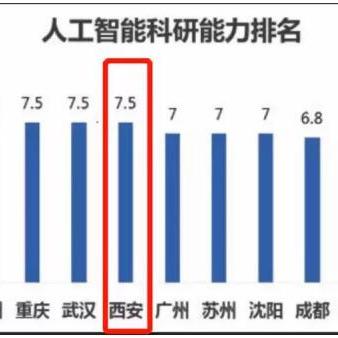Introduction
The year 2025 heralds a new era of innovation and transformation, where data-driven policies and outdated patterns take center stage in shaping the global economy and society. As businesses and governments alike strive for growth and efficiency, they must navigate the complexities of a rapidly changing landscape. This comprehensive guide delves into the latest policy declarations, detailing the nuances of data-driven strategies and the challenges posed by entrenched models. It provides a snapshot of the current state of affairs while offering insights on how to adapt and succeed.
Policy Declarations: Understanding the Shift
Policy declarations in 2025 have shifted significantly, asserting the importance of data-driven initiatives. These policies emphasize the utilization of big data, artificial intelligence (AI), and machine learning (ML) to better understand social and economic trends. Governments and organizations are encouraged to harness data analytics to inform decision-making processes, streamline operations, and enhance service delivery. The focus is on fostering innovation, competitiveness, and resilience through technological advancements.
Data-Driven Strategies: The New Frontier
Data-driven strategies have emerged as the cornerstone of policy-making and business operations. By collecting, analyzing, and interpreting vast amounts of data, organizations can uncover patterns and insights that inform strategic decisions. This approach enables a more agile response to market dynamics and enhances the capacity to innovate and stay ahead of emerging trends. The adoption of data analytics empowers businesses to personalize their offerings, optimize resource allocation, and improve customer experiences.
Pattern Recognition and Its Role in Innovation
Recognizing and understanding patterns is crucial for both policy formulation and business strategy. Pattern recognition involves identifying recurrent behaviors, trends, or anomalies in data, which can be leveraged to predict future outcomes and develop proactive strategies. In the context of policy, this can mean forecasting social issues, economic shifts, or environmental changes, leading to more effective governance and planning. For businesses, understanding patterns in consumer behavior or market dynamics can drive product development, marketing, and supply chain optimization.
The Challenge of Entrenched Models
Despite the advantages of data-driven approaches, many organizations and governments still grapple with entrenched models that are slow to adapt to new ways of thinking. These traditional models often rely on outdated methods and assumptions that do not account for the rapid pace of technological change and the increasingly complex nature of modern challenges. Breaking away from these established patterns requires a willingness to invest in new technologies, reskill the workforce, and adopt more flexible and innovative thinking.
Transitioning to Data-Driven Policies
The transition to data-driven policies necessitates a comprehensive overhaul of existing systems and practices. This includes the development of robust data infrastructure, the adoption of advanced analytics tools, and the cultivation of a culture that values evidence-based decision-making. It is essential to ensure that the implementation of data-driven strategies is accompanied by clear governance frameworks to address issues of privacy, security, and ethical considerations. Additionally, collaboration between public and private sectors, as well as with academic institutions, can accelerate the adoption of data-driven approaches.
Case Studies: Successes and Learnt Lessons
Studying case studies from various sectors can provide valuable insights into the application of data-driven policies and the pitfalls to avoid when challenging entrenched models. These case studies often showcase the transformative power of data analytics and highlight the need for a paradigm shift in policy-making and business strategy. By learning from these experiences, organizations can better prepare for the challenges ahead and capitalize on the opportunities presented by a data-driven future.
Maximizing the Potential of Data-Driven Decisions
To maximize the potential of data-driven decisions, organizations must invest in the right talent, tools, and processes. This includes building a cadre of skilled data scientists, analysts, and strategists capable of interpreting complex datasets and translating insights into actionable strategies. Additionally, organizations must ensure that their data infrastructure is robust, secure, and scalable, with the ability to handle large volumes of data from diverse sources. By prioritizing data literacy and fostering an organizational culture that embraces data-driven practices, businesses and governments can enhance their decision-making capabilities.
The Impact on Economy and Society
The adoption of data-driven policies and the disruption of outdated patterns have far-reaching implications for the economy and society at large. As organizations and governments become more adept at leveraging data analytics, they can better address pressing social issues, drive economic growth, and achieve sustainable development goals. This transformation can lead to increased efficiency, innovation, and competitiveness, as well as improved service delivery and enhanced stakeholder engagement.
Towards a Future Where Data Reigns Supreme
As we move towards 2025, the importance of data-driven policies cannot be overstated. Policymakers and business leaders must recognize the imperative to adopt data-driven strategies and abandon archaic models that hinder progress. By embracing data analytics and reimagining their practices, organizations can better navigate the complexities of the modern world and secure a competitive edge in a rapidly evolving landscape. The future belongs to those who are agile, innovative, and committed to exploiting the full potential of data.
Conclusion: Navigating the New Paradigm
In conclusion, the new policy declarations for 2025 underscore the significance of data-driven strategies in shaping the future. As organizations and governments seek to confront new challenges and seize emerging opportunities, they must embrace the shift towards data-driven decision-making and outmoded the entrenched models that hold them back. By harnessing the power of data and fostering a culture of innovation, they can pave the way for a bold new era of growth, efficiency, and progress.
















 琼ICP备2023003230号-1
琼ICP备2023003230号-1
还没有评论,来说两句吧...